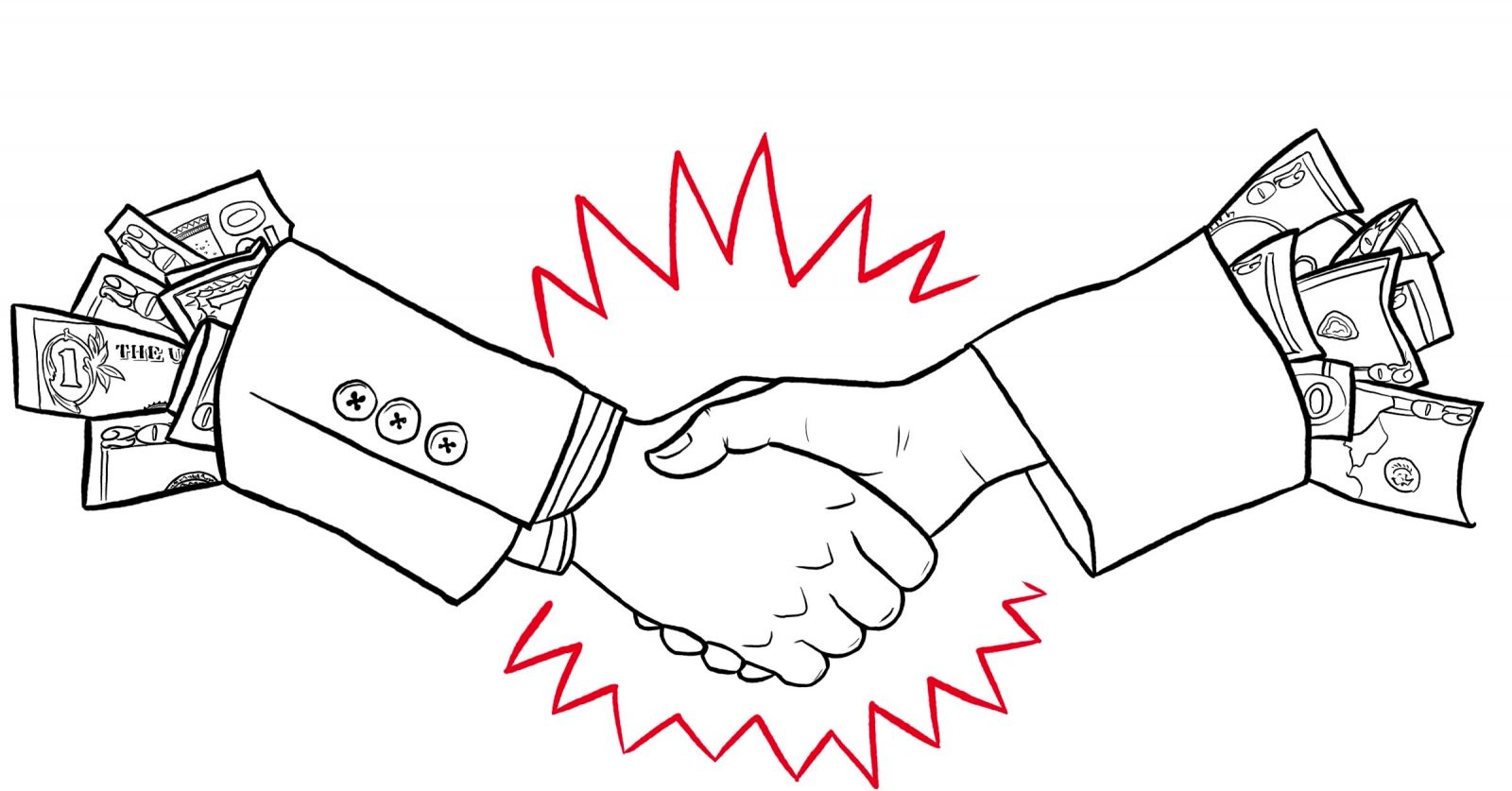What is The Pygmalion Effect?
According to Rosenthal and Jacobson (1966), there is a phenomenon known as The Pygmalion Effect, whereby one person’s expectations of another’s behavior may come to serve as a self-fulfilling prophecy. Rosenthal and Jacobson concluded this, after conducting an experiment in an elementary school.
In the experiment, it was suggested to the teachers that a number of the students (selected randomly) in all likelihood were exhibiting signs of a surge in intellectual development and growth.
In this experiment, students weren’t aware of either the experiment or the label of better intellectual potential.
At the end of this study, Rosenthal and Jocobson (1966) obtained data that led them to believe that the teachers’ expectations helped in the improvement of intellectual growth of those who were, randomly, labeled as “special” students at the beginning of the study.

Also, after the study, a preliminary four-factor “theory” of the communication of the expectancy effects suggests that teachers (and perhaps clinicians, supervisors, and employers) who had been led to expect superior performance from some of their pupils (clients, trainees, or employees) tend to treat these “special persons” differently than they treat the remaining less-special persons in the four ways shown next (Rosenthal 1971; 1973; 1974 and especially, Harris and Rosenthal, 1985)
- Climate, “Teachers appear to create a warmer socio-emotional climate for their “special” students. This warmth appears to be at least partially communicated by nonverbal cues.”
- Feedback, “Teachers appear to give their “special” students more differentiated feedback, both verbal and non-verbal, as to how these students have been performing.
- Input, “Teachers appear to teach more material and more difficult material to their “special” students.”
- Output, “Teachers appear to give their “special” students greater opportunities for responding. These opportunities are offered both verbally and non-verbally (e.g., giving a student more time in which to answer a teachers’ questions).”
Is the Pygmalion Effect true?
So, is it true that your expectations about others’ intellectual development can influence their performance or achievements?
According to Rosenthal, many studies have been conducted, using animals and humans as a subject, and also in different contexts (education, health, finance, companies), providing evidence that supports the existence of the Pygmalion Effect.
What is a self-fulfilling prophecy?
Kory Floyd (2009), describes it as a set of expectations that gives rise to behaviors that cause the expectation to come true, in other words, is when people unwillingly adapt their behavior and communication, so their expectation or prophecy becomes true.
So, in a self-fulfilling prophecy, there is an expectation or prophecy, this expectation leads to a certain behavior (because of your conviction of the end result), and at the end, your behavior shapes the situation into the exact way you have predicted, so your expectation comes true.

There is a five steps cycle for a self-fulfilling prophecy (Gamble & Gamble, 2013)
- Developing an expectation of a person or event
- Expressing these expectations verbally or non-verbally (adjusting behavior)
- Others adjust their behavior to match yours
- Your expectations become reality
- The confirmation strengthens your original belief
Is the Pygmalion Effect the same as a self-fulfilling prophecy?
As mentioned before, by definition “The Pygmalion Effect” is understood as a self-fulfilling prophecy, embedded in teachers’ expectations.
According to Gamble & Gamble (2005), there are two types of self-fulfilling prophecies:
- Self-imposed, when your expectations about yourself influence your behavior and your performance
- Other imposed, when others’ expectations influence your behavior and performance
So more specifically, “The Pygmalion Effect” is a self-fulfilling prophecy of the type “Other imposed”.












Replies to This Discussion